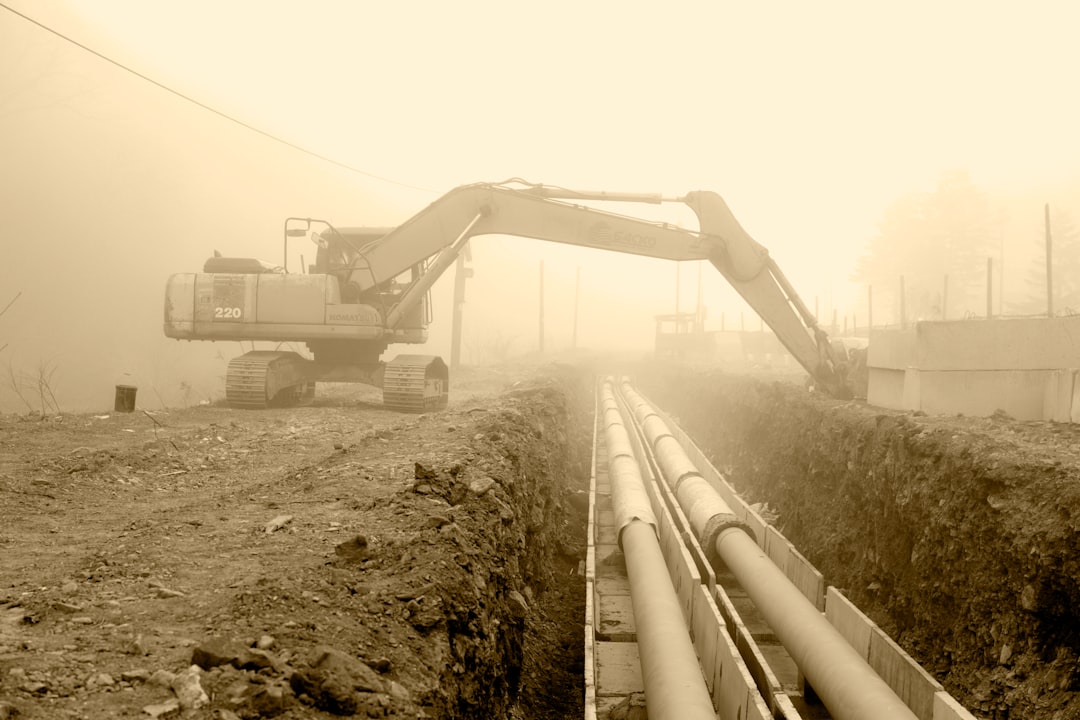What is it about?
We analyze how local institutions and decentralization contribute to shaping the relationship between natural resources and local socio-economic outcomes. First, we explore how the quality of local institutions – such as local corruption and the incidence of bribe payment – shape the proximity-to-mine effects. Second, we assess how the discretionary power of subnational governments in collecting taxes and revenues play a role in mitigating the local effects of mining. Finally, we analyze the interplay between the quality of local institutions (high vs low) and the level of decentralization (high vs low) in shaping the proximity-to-mine effects.
Featured Image

Photo by Vladimir Patkachakov on Unsplash
Why is it important?
Variations in local institutional quality across resource-rich communities are bound to influence how strategies to limit externalities and provide an adequate level of local public services are implemented. The administrative capacity of local governments and the salience of corruption across mining-based areas may thus yield different outcomes. Thus, the link between mining activities and the quality of public services in resources-rich communities is likely to be influenced by the local institutional environment. Second, central-local government relationships are crucial in containing resource-curse at the subnational level. In countries with vast natural resources endowment, fiscal decentralization and fiscal arrangements are bound to influence local authorities’ efforts to improve sub-national welfare, as they complement or implement policies that benefit communities close to or far from mining areas. In the event of a resource boom, and even if central authorities collect mining royalties, the emergence of local business and employment grants local authorities a more extensive revenue base. Their legal ability to tap into these revenues is crucial to their budgeting and, thus, public provision. The empirical results on the interplay between local corruption and decentralization sustain our hypothesis that both the quality of local institutions and the inter-governmental fiscal arrangements regarding taxes and revenue collection matter for how mining activities translate into welfare improvement in local communities.
Perspectives
We hope to have contributed to the debate on the relevance of local governance and inter-governmental relations in resource-rich countries and communities.
Dr. Rose Camille Vincent
ETH Zürich
Read the Original
This page is a summary of: Mining and quality of public services: The role of local governance and decentralization, World Development, April 2021, Elsevier,
DOI: 10.1016/j.worlddev.2020.105350.
You can read the full text:
Contributors
The following have contributed to this page










